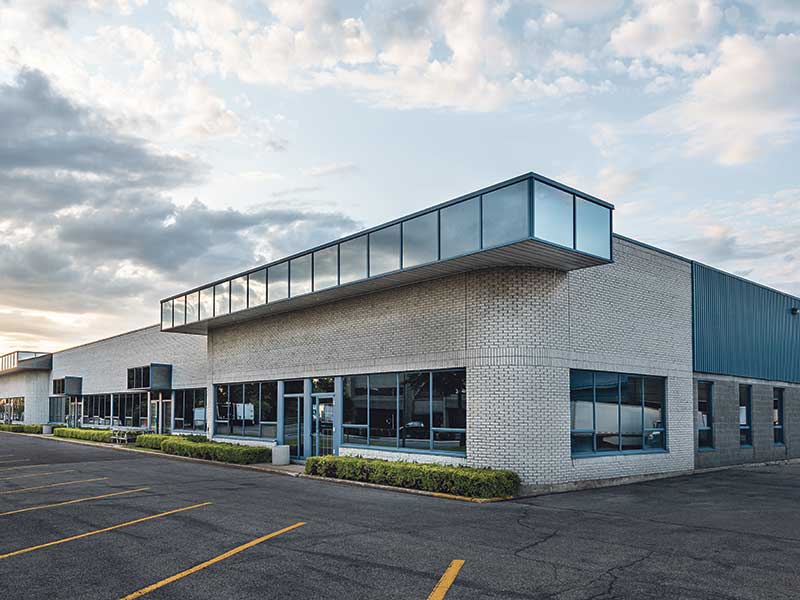
CBRE says Canadian commercial real estate is pointing to a post-pandemic economic upswing.
The commercial real estate company said the pace of office vacancy increases eased in every major Canadian city in the second quarter and industrial demand picked up.
Downtown office leasing increased in major cities by the smallest amount since the pandemic’s onset last year with office tenants preparing to welcome employees back in the second half of the year.
CBRE said Canada has North America’s four tightest downtown office markets with Vancouver’s vacancy at 6.6%, Toronto at 10%, Ottawa at 10.6% and Montreal at 11.1%.
Halifax’s office vacancy decreased to 19.7% downtown and 13% in the suburbs in a possible sign of a return to normalcy as part of the reopening process.
Sublets, which flooded the market during the pandemic, are now in demand with some companies pulling the spaces off the market to reoccupy the offices.
CBRE said nearly 90,000 square metres (one million square feet) of office space previously put up for sublease was cancelled or leased in downtown cores in the second quarter, with half of that in Toronto.
“Sublet listings can be knee-jerk reactions in a sudden market correction. The fact that sublets are being cancelled or leased up by new business is a very good sign and this only just the beginning of the trend,” said CBRE Canada vice-chairman Paul Morassutti.
“Canada’s major office markets have fared well over the past year compared to our global counterparts and we can expect the momentum to continue to build as lockdowns are eased.”
Prime industrial real estate is in high demand, with Waterloo Region having the lowest industrial availability rate in North America at 0.9%.
All markets outside the Prairies have availability rates of 3% or less, with Toronto, Vancouver and Montreal at 1.2%, 1.1% and 1.4%, respectively.
Rising land and construction costs are limiting options for industrial businesses.
The amount of space for lease or purchase decreased in the quarter by 35% in Vancouver, 28% in Montreal and 25% in Toronto. Calgary’s rates decreased by 1.2% while Edmonton’s rate fall by 0.7%.
“The level of industrial demand is unprecedented and is now running up against very real limitations,” added Morassutti.
“We don’t have enough space to accommodate business demand and can’t build new space fast enough.”